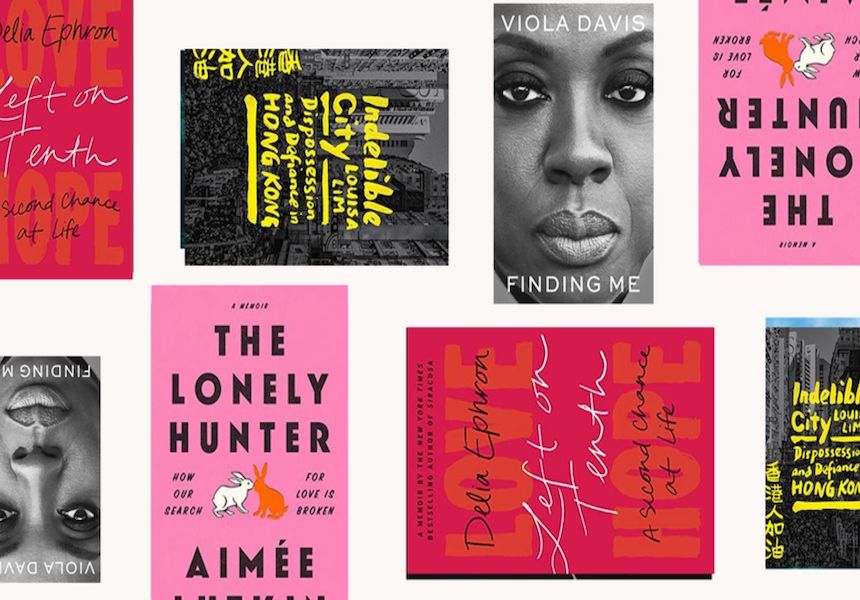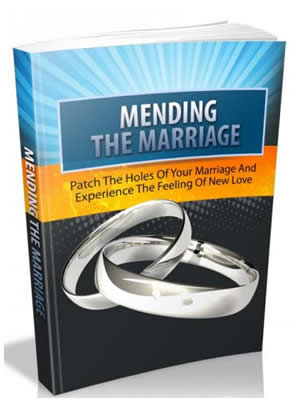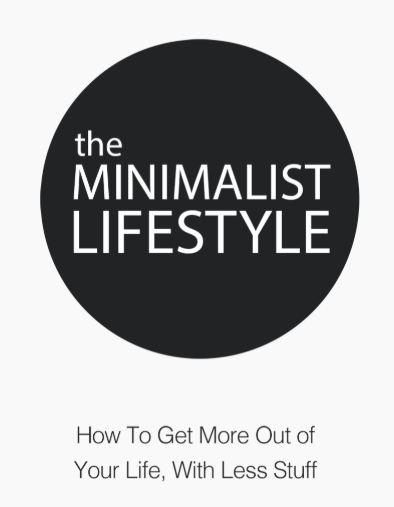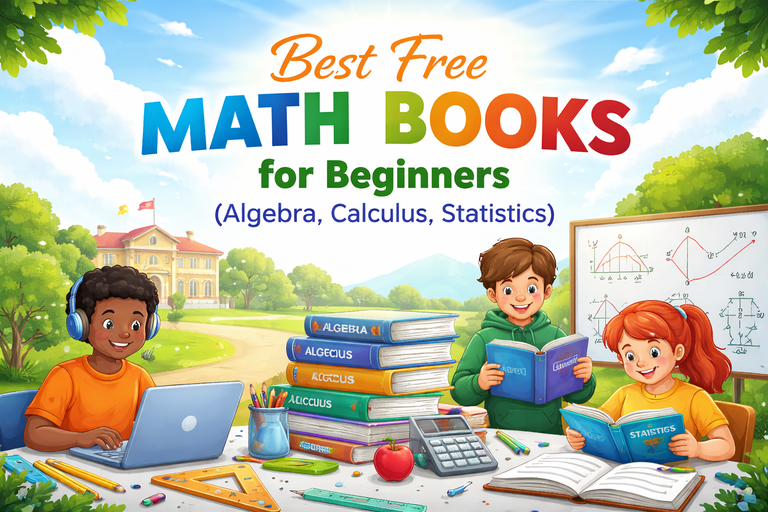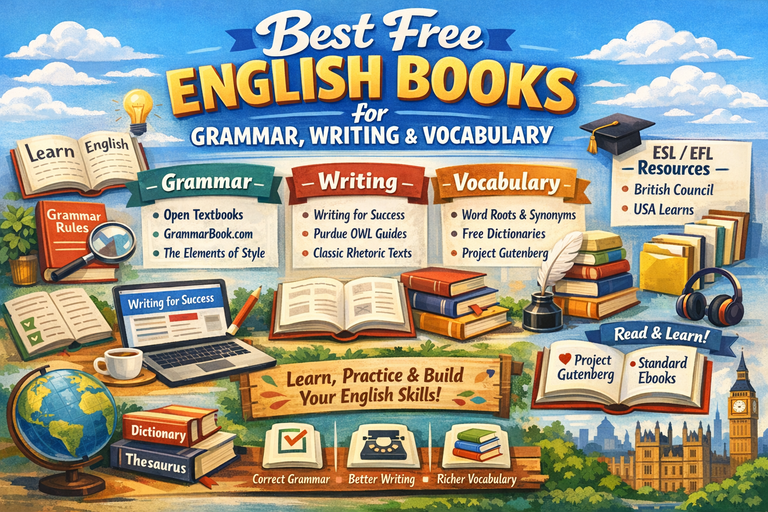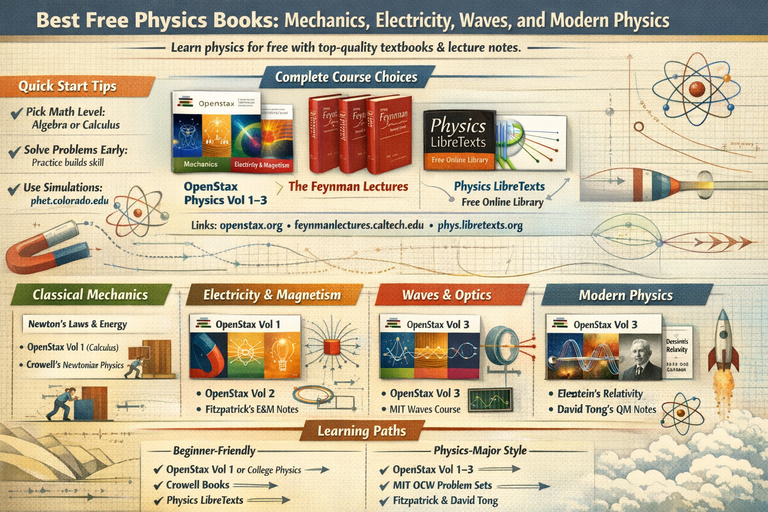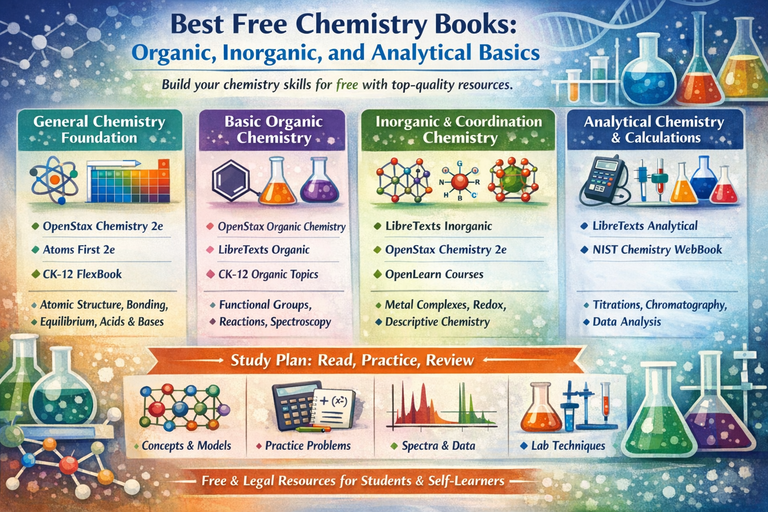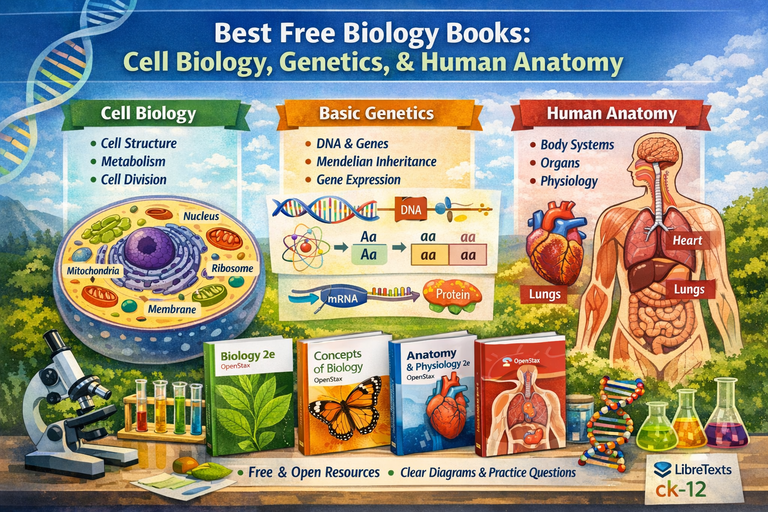13 Non-Fiction Books You'll Enjoy Reading
We present our favorite nonfiction books of the year, several of which are simply the best books of the year, addressing some of our Time's most pressing issues, from autocracy to conspiracy to healthcare reform. They range in format from reported nonfiction to memoir to a comic guidebook to supervillainy. There's something here for every type of reader, whether you want to learn, laugh, or lose yourself in a great story.
If you see something you like, do yourself a favor and preorder. Then, when the book arrives at your door, you'll be grateful to You.
How You Get Famous: Ten Years of Drag Madness in Brooklyn, by Nicole Pasulka
In this fascinating look at the last decade of Brooklyn ballroom culture, Pasulka takes us down a glittery rabbit hole. How You Get Famous introduces readers to electrifying performers such as Merrie Cherry, who overcame a stroke to continue her drag career; Aja, a multiple-time RuPaul's Drag Race contestant; and Sasha Velour, who made a splash with her bald head. Pasulka paints a vivid portrait of a particular subculture through this electrifying constellation of performers: joyful and scrappy; it's gone on to galvanize a community and inspire a broader cultural movement.
The Hard Sell: Crime and Punishment at an Opioid Startup, by Evan Hughes
The Hard Sell tells the inside story of the founders of Insys, a company that made millions by selling painkillers. That is, until their plan unraveled, resulting in an infamous trial.
Evan Hughes's latest work draws on unfettered access to insiders privy to the Insys saga, from top executives to foot soldiers, patients, and even the Boston investigators who treated the case as a drug-trafficking conspiracy.
The Hard Sell not only does it provide a riveting look at an opioid startup embroiled in a national scandal, but also it peels back the layers to reveal the most powerful, yet seemingly innocuous, point of entry into narcotics for millions of Americans: the doctor's office.
The Lonely Hunter: How Our Search for Love Is Broken, by Aimée Lutkin
Aimée Lutkin, a writer, decided to conduct a social experiment after being asked about her dating life at a dinner party. So she set out to discover if there was a way to avoid loneliness by going on hundreds of dates, reading books by all the experts, and investigating the wellness industrial complex.
The Last Resort: A Chronicle of Paradise, Profit, and Peril at the Beach, by Sarah Stodola
Consider your ideal vacation. Is it staying at a resort and drinking a Mai Tai on the beach? We're not trying to yuck anyone's yum, but beachgoers everywhere should read this riveting account of the dark side of paradise. Stodola investigates the origins of beach culture in The Last Resort, revealing that our understanding of the beach as paradise is a modern concept; it wasn't until the 18th century that the seaside wellness craze changed our views about the ocean, which was once viewed as a fearsome foe. As a result, Beach vacations have become popular but come at a high price, as they suffocate local economies, endanger natural resources, and exacerbate social inequality. After reading The Last Resort, you'll never look at an all-inclusive vacation the same way again.
I Was Better Last Night: A Memoir, by Harvey Fierstein
Harvey Fierstein, a gay rights activist and four-time Tony Award-winning actor and playwright bares his inner life and explores his roots in 1952 Brooklyn, the eccentric worlds of Andy Warhol and the Theatre of the Ridiculous in the 1960s, the gay rights movements of the 1970s, and the AIDS crisis of the 1980s in this candid book of recollections. “I Was Better Last Night” is a collection of stories that span decades of addiction, despair, and triumph.
Hollywood Ending: Harvey Weinstein and the Culture of Silence, by Ken Auletta
Ken Auletta wrote the definitive New Yorker profile of Harvey Weinstein twenty years ago, exposing the movie mogul as a violent and volatile person. But one story remained frustratingly elusive: despite rumors that Weinstein was a sexual abuser, none of his victims would speak out. In their efforts to uncover the truth about Weinstein, Auletta's reporting would later be used by award-winning journalists such as Megan Twohey, Jodi Kantor, and Ronan Farrow. Now that his former subject is in prison, Auletta is revisiting him—and paying close attention to the systems that allowed him to operate unchecked.
According to Auletta, Weinstein did not act in a vacuum, from the executives who enabled him to the brother who covered his tracks. Hollywood Ending is a damning look at Hollywood's history of corruption and conspiracy. It is exhaustively reported and utterly enraging.
In the Margins: On the Pleasures of Reading and Writing, by Elena Ferrante
Despite her desire not to reveal her identity, renowned Italian novelist Elena Ferrante is eager to share the origins of her literary prowess. She discusses herself as a reader and writer, her influences, the challenges she's faced, and the works of her predecessors such as Emily Dickinson, Gertrude Stein, and Ingeborg Bachmann in four essays.
The Last Days of Roger Federer, by Geoff Dyer
"Life is like the weather. "Life is a series of meals," the great James Salter once said. Dyer, a fine and curious cultural critic, believes that life is also about endings. From Roger Federer's impending retirement to Nietzsche's descent into madness, Dyer explores "things coming to an end, artists' last works, time running out" in this roving volume. Dyer leads us through the peripatetic maze of his free-associative thinking, assessing the long twilight of his many subjects. Expect to come out the other side grateful for "this magnificent life, whatever ruin it brings."
Time Is a Mother, by Ocean Vuong
Ocean Vuong shares his most intimate thoughts with readers in this poetry collection as he deals with the grief of losing his mother. Aside from the theme of personal loss, he also discusses the meaning of family and what it means to be the product of an American war in America.
The Gotti Wars, by John Gleeson
Mafioso John Gotti captivated the American imagination for decades. This notorious mobster, known as "The Dapper Don," became a sartorial icon and graced the cover of Time (via an Andy Warhol portrait)—until it all fell apart thanks to federal prosecutor John Gleeson. The Gotti Wars is the riveting story of Gleeson's years-long battle to bring Gotti to justice, which put him in the crosshairs of organized crime and eventually brought down five major mob families. To be sure, it's an electrifying true crime story set in the Mafia-smitten 1980s and 1990s. Still, it's also a vivid memoir of Gleeson's development as a lawyer and examines the culture that turned a murderer into a celebrity. As a result, the Gotti Wars is a suspenseful and multifaceted film that can’t afford to be missed.
The Trayvon Generation: Yesterday, Today, Tomorrow, by Elizabeth Alexander
This book expands on Pulitzer Prize finalist Elizabeth Alexander's viral essay on race as an ongoing issue at the heart of the American experience. It examines the tragedies and hopes of today's youth through detailed analysis and profound insight. Every generation should read The Trayvon Generation.
Finding Me: A Memoir, by Viola Davis
Viola Davis, the legendary actress, tells her inspiring life story in her own words. It begins with her coming of age as a young Black girl in Rhode Island and ends with her award-winning acting career today.
Dress Code, by Véronique Hyland
The fashion landscape looks different than ever in an age when what we wear is shaped as much by algorithms and influencers as by personal taste. To make sense of it all, read this roving, insightful collection of essays from a true fashion expert who deconstructs everything from normcore to politicians' wardrobes to the pervasiveness of leggings.
Dress Code, rich in historical context and cultural criticism, unpacks how clothing is both personal and political and how it deserves serious consideration as a unique lens on the world. After all, "with fashion, you have no choice but to opt-in," writes Hyland.

